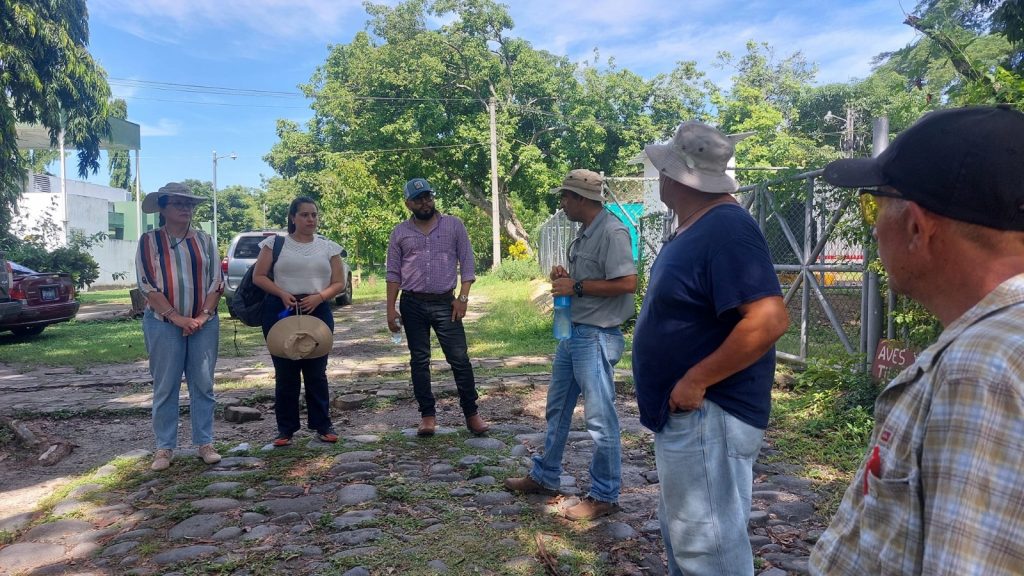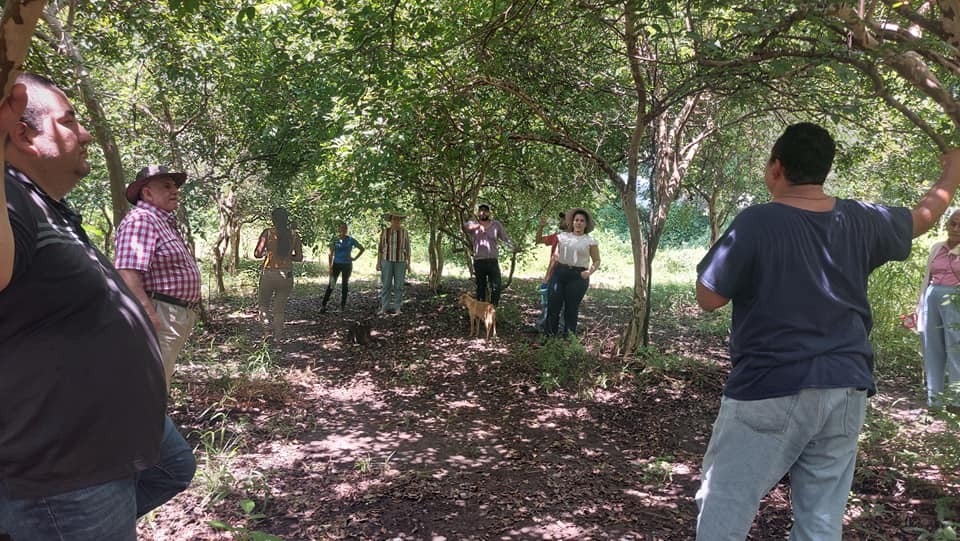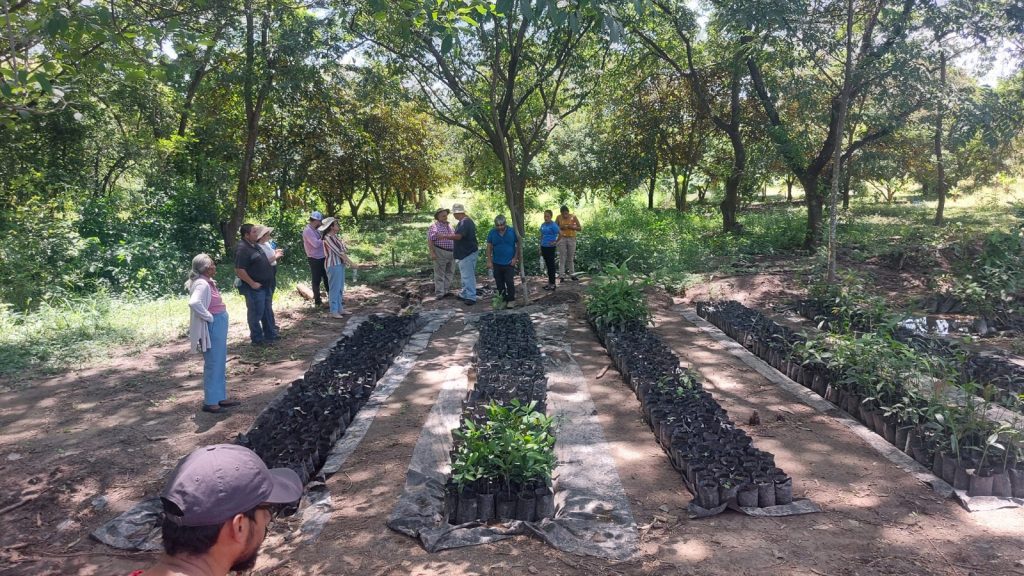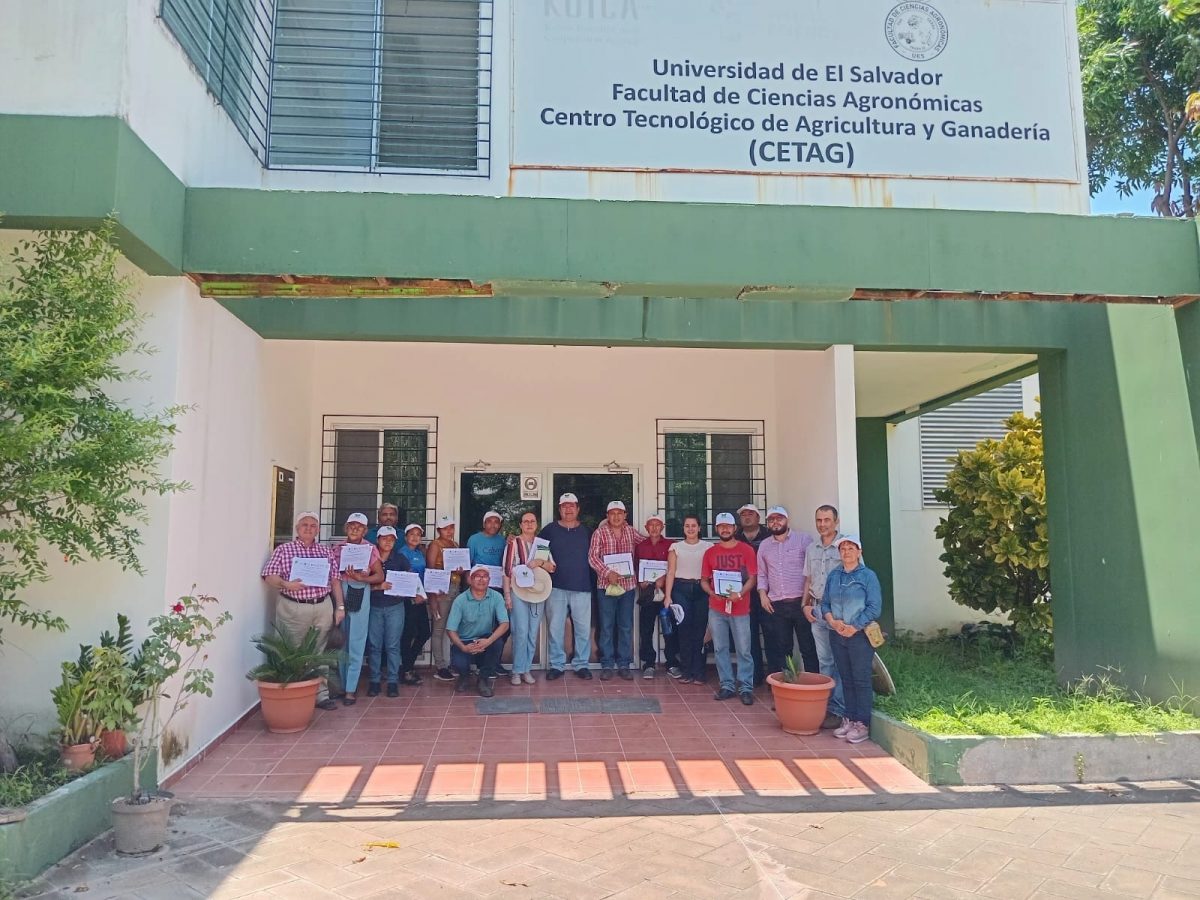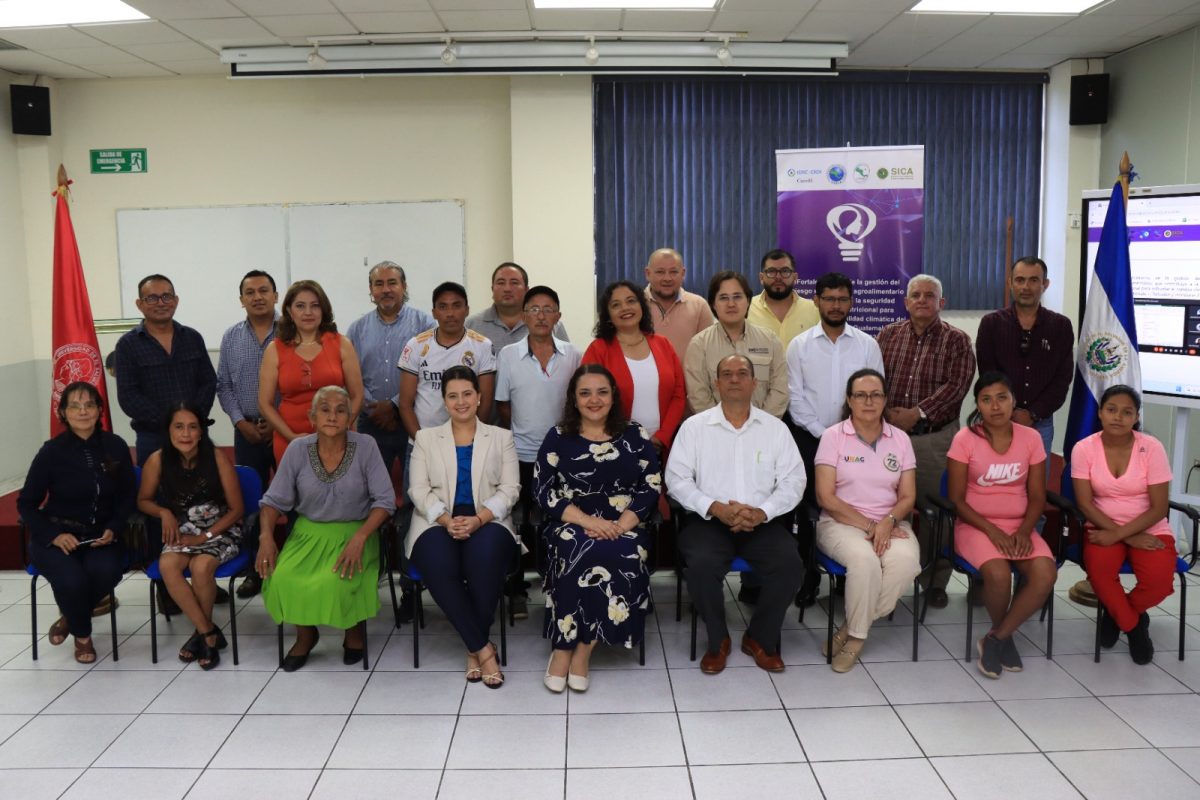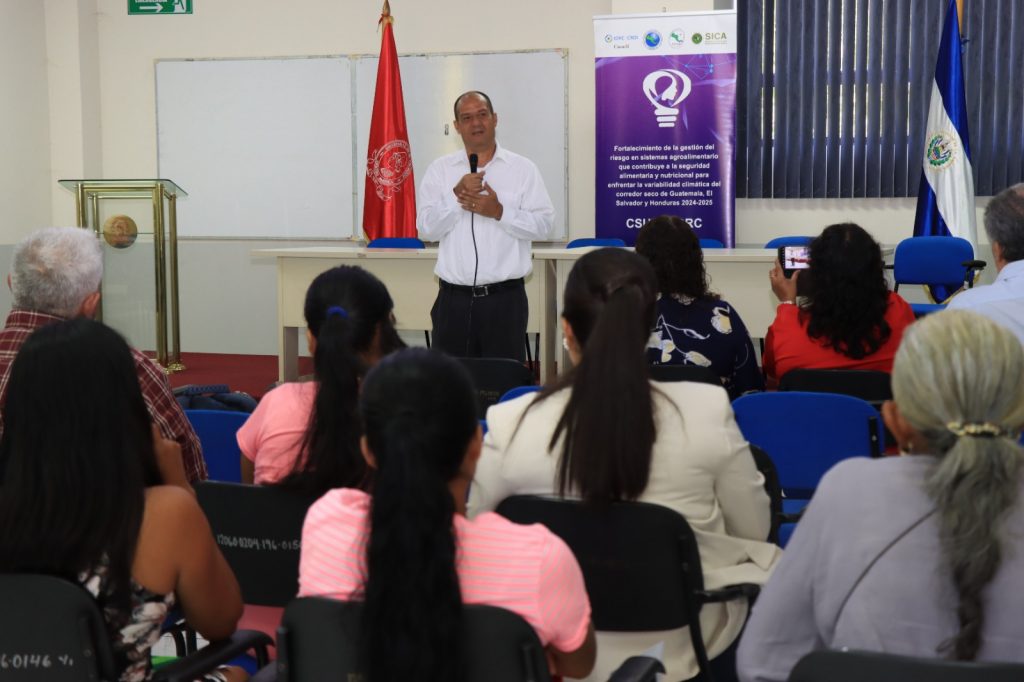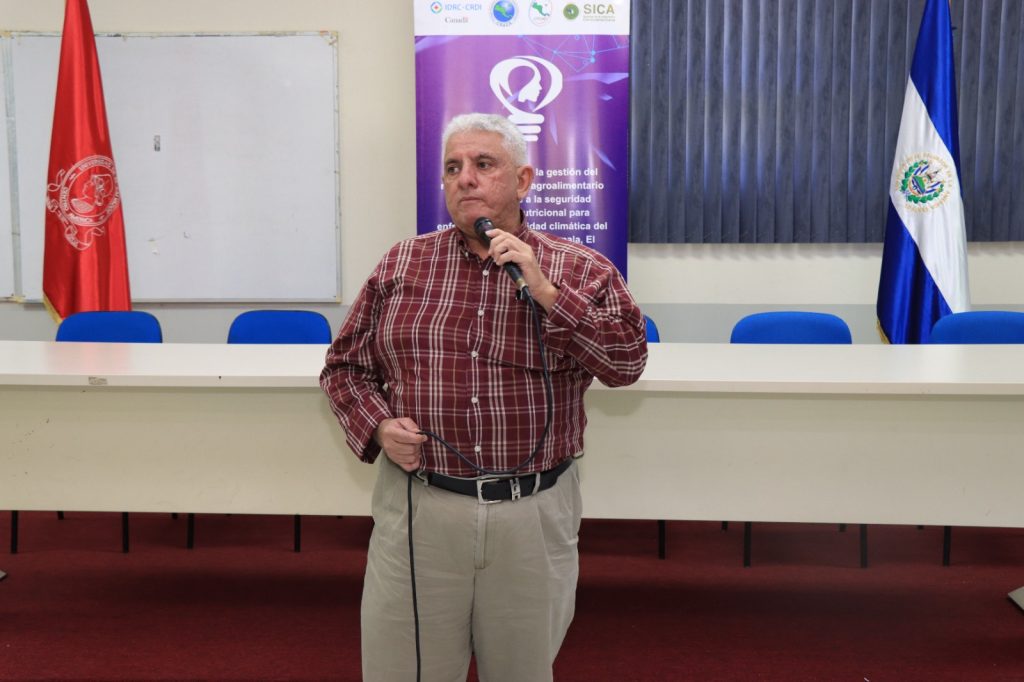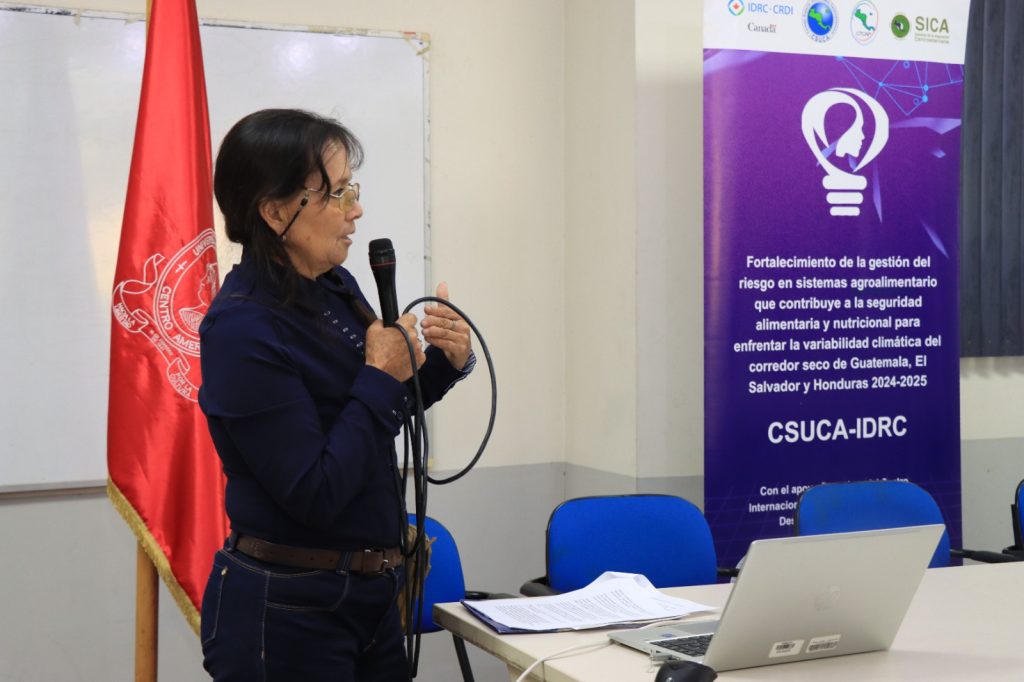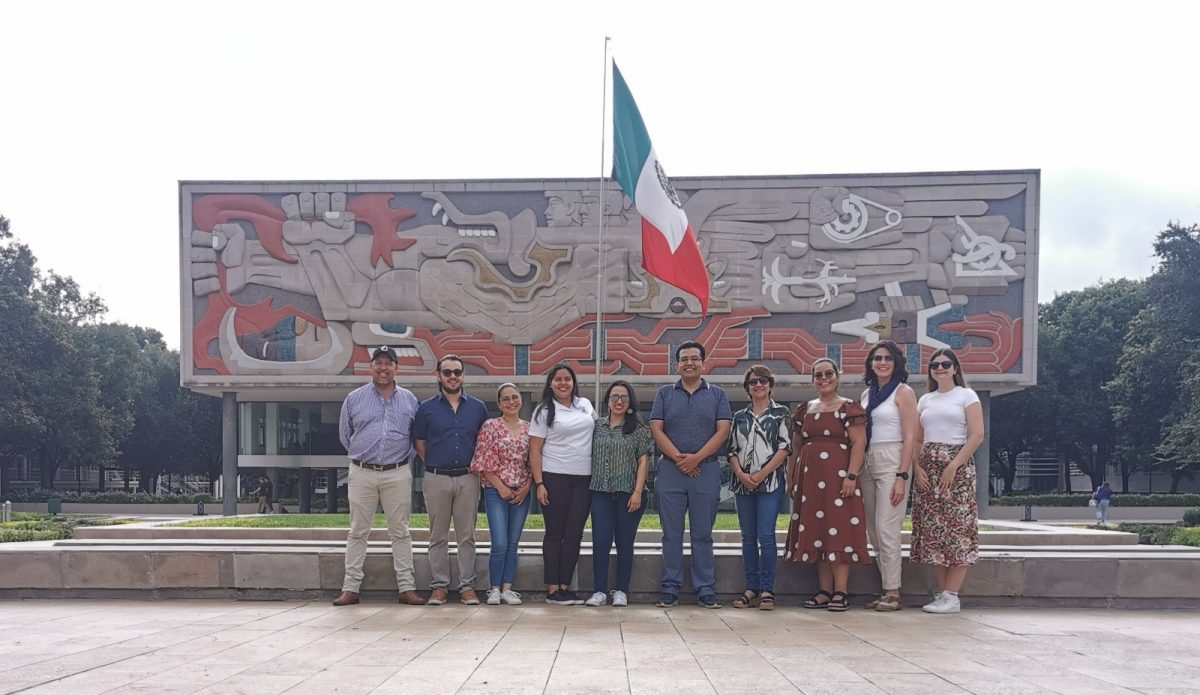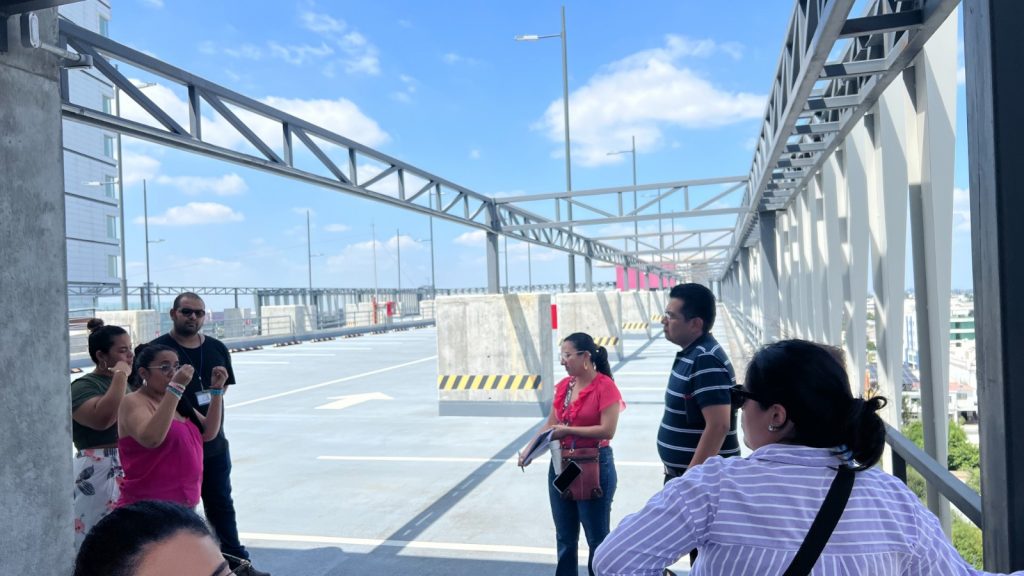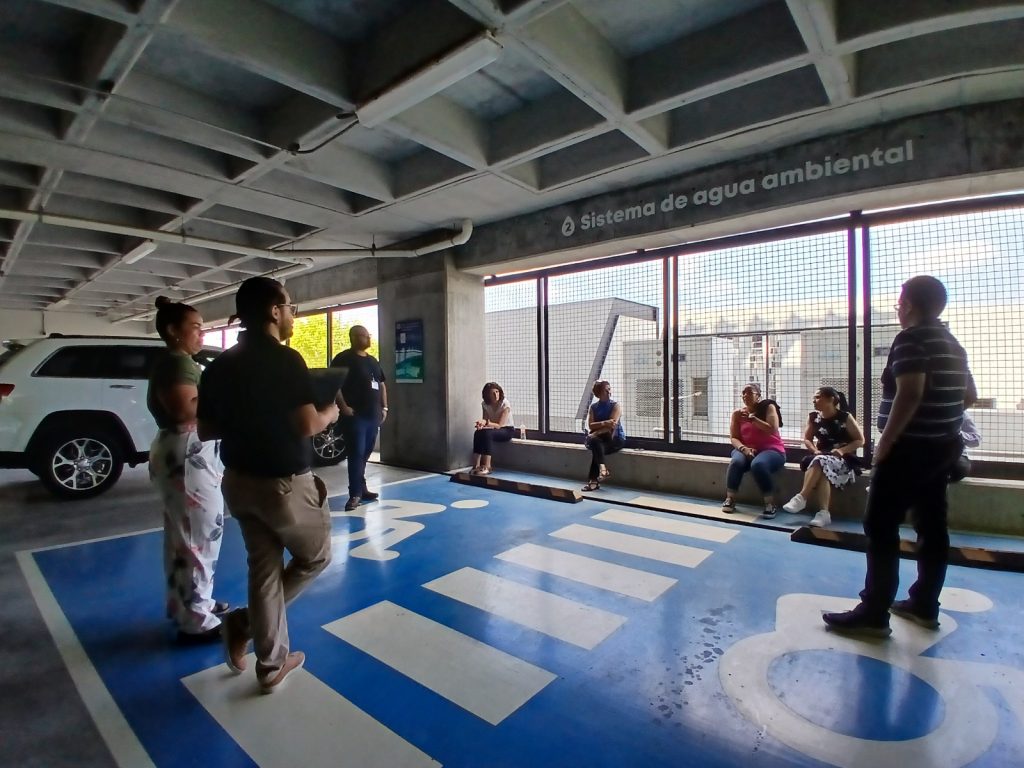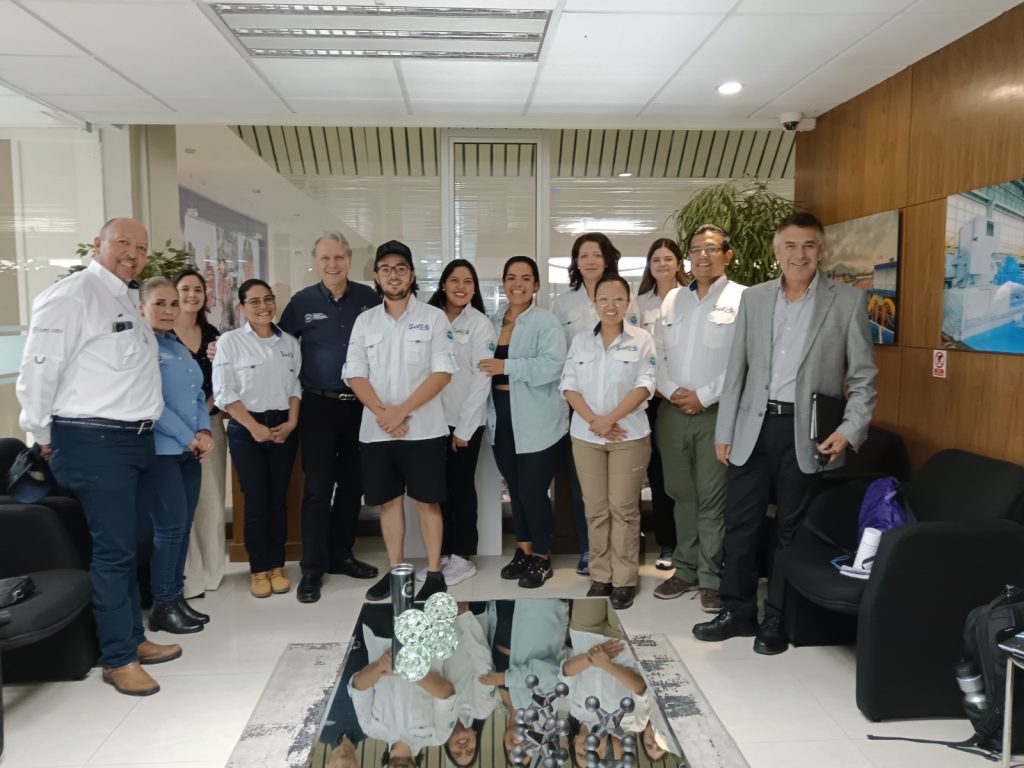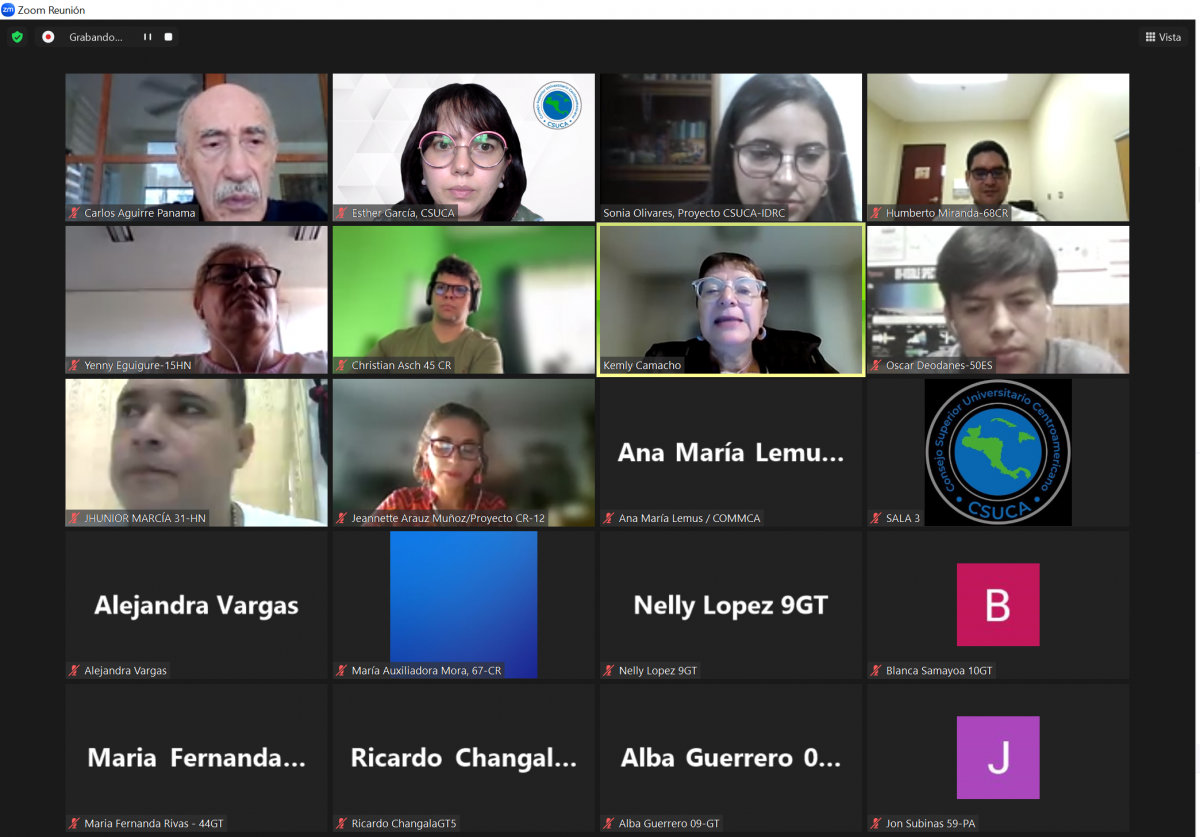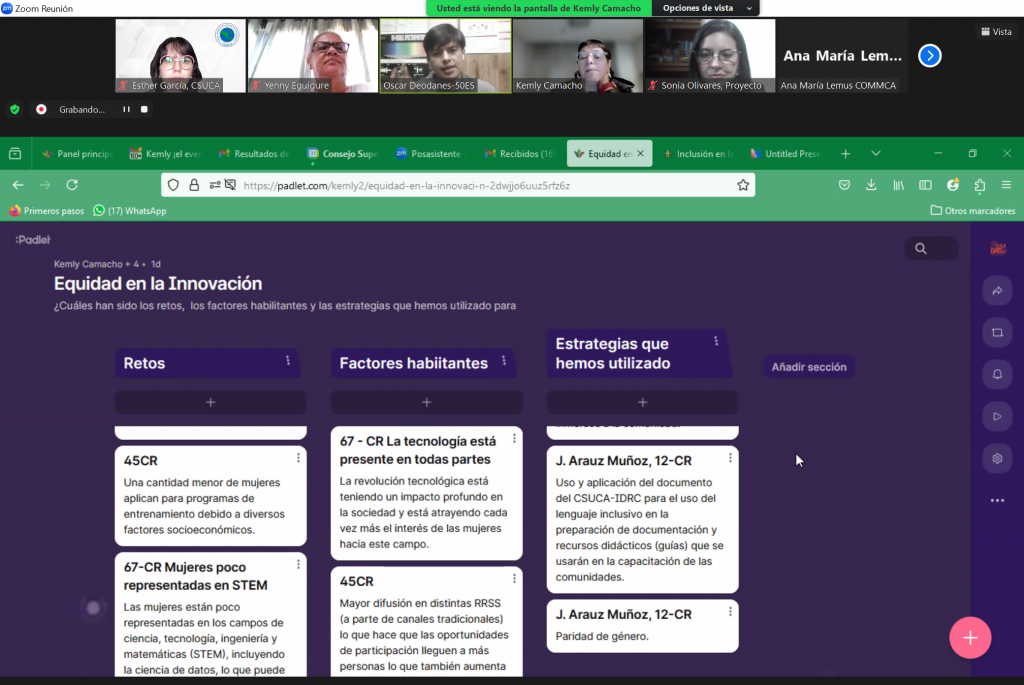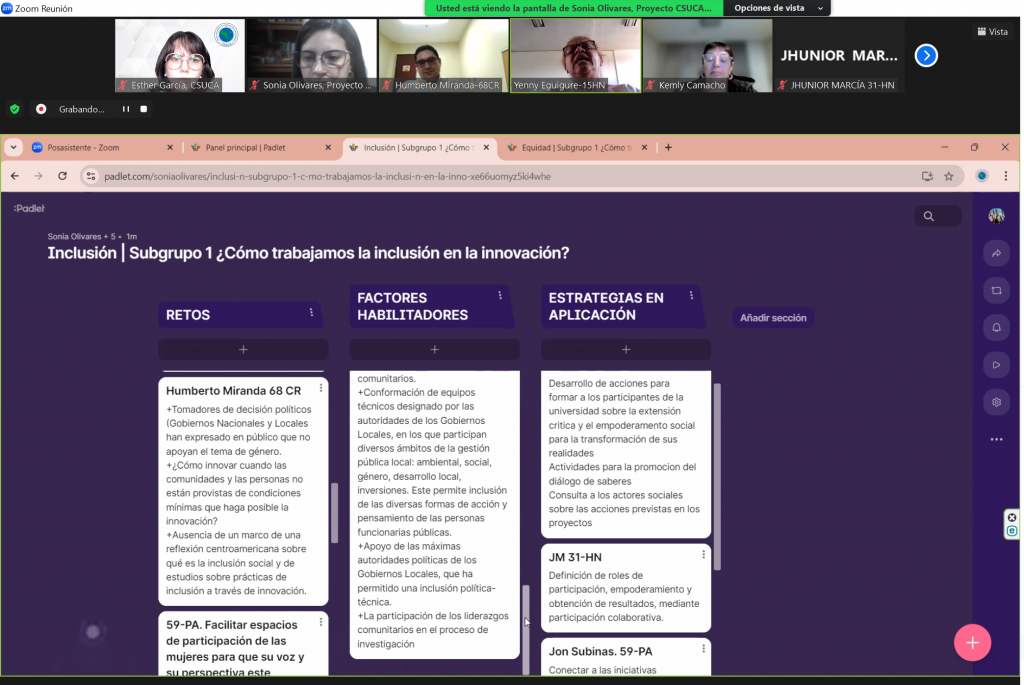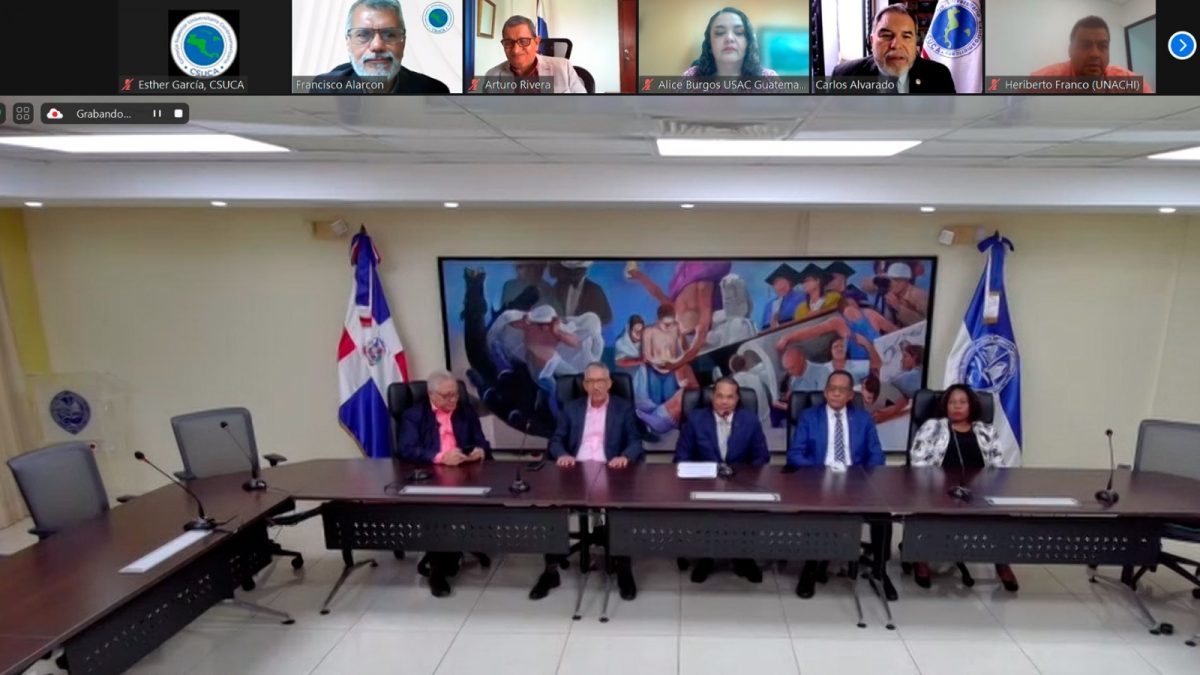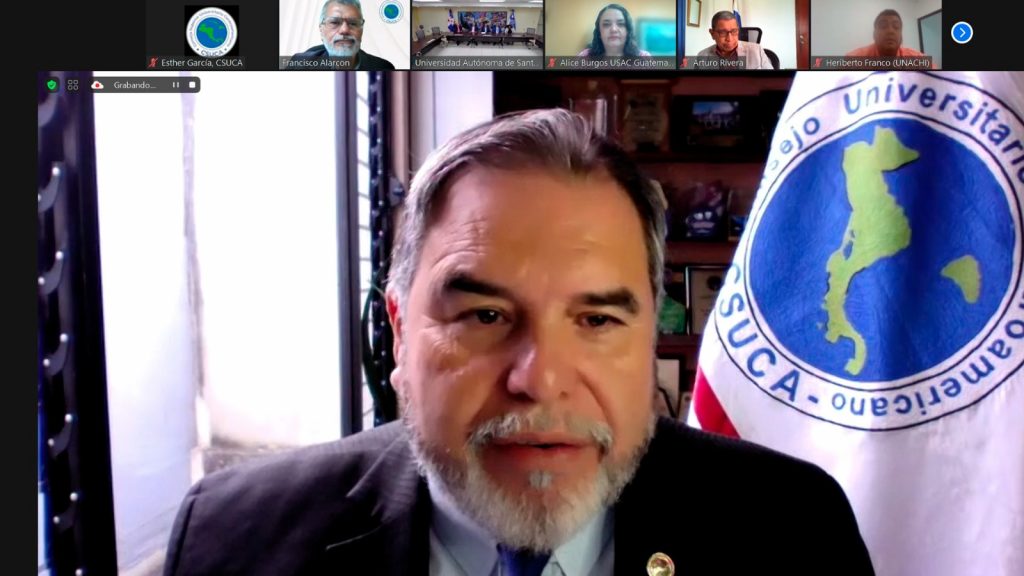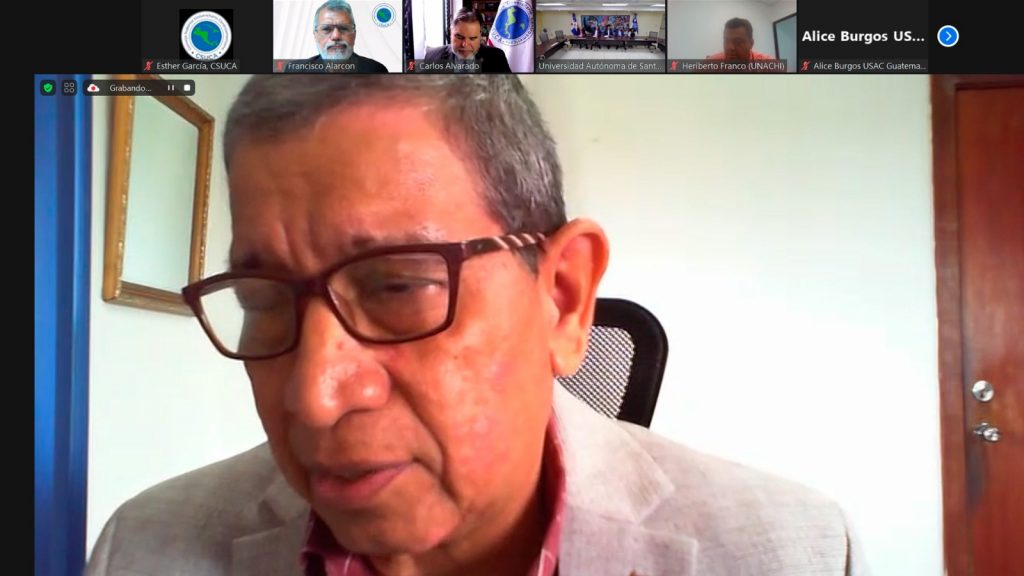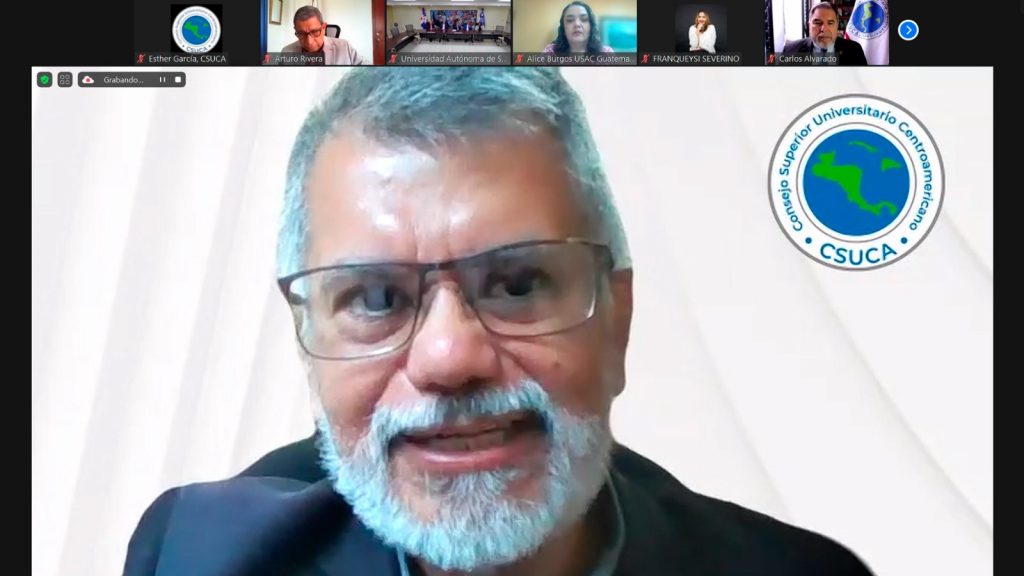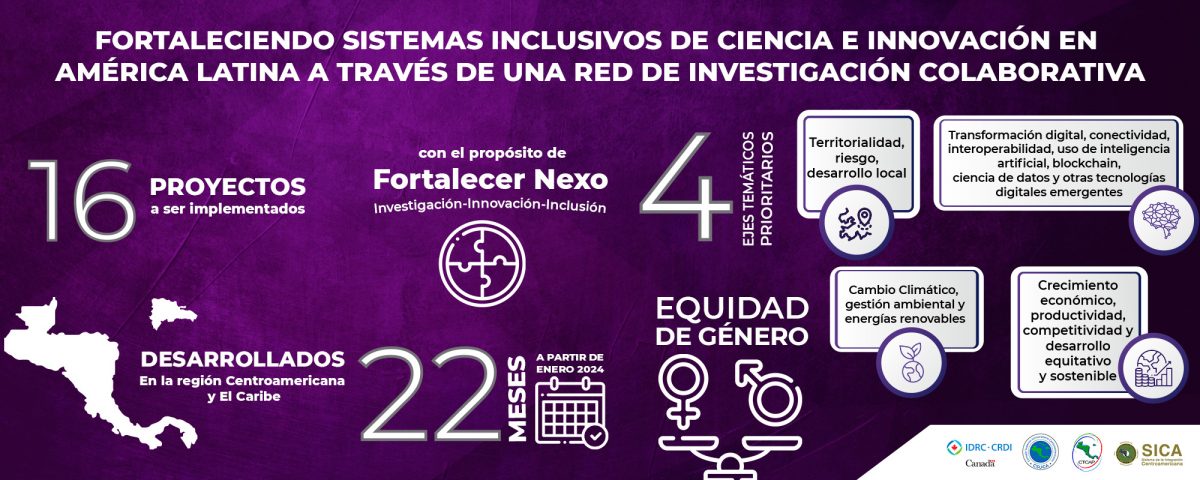El 30 de agosto 2024 en seguimiento a las actividades del Encuentro Trinacional, organizado por el proyecto “Fortalecimiento de la gestión del riesgo de sistemas agroalimentarios que contribuye a la seguridad y nutricional para enfrentar la variabilidad climático del corredor seco de Guatemala, El Salvador y Honduras 2024-2025”, se realizó una visita de campo en el Centro Tecnológico de Agricultura y Ganadería de la Facultad de Ciencias Agronómicas, UES, actividad en la que participo el grupo de agricultores de Guatemala y los profesionales del consorcio del proyecto 7-GT- y la Maestra Sonia Olivares de la Unidad Ejecutora IDRC-CSUCA.
El Coordinador del Centro, acompañado del MSc Fidel Parada brindaron una bienvenida al grupo, señalando las acciones a realizar dentro del centro. Durante el recorrido se observó y se recibió explicación sobre los ensayos de arroz que se desarrollan; se observó el manejo de las siembras de frutales de guayabo sembradas a un metro de distancia y con podas frecuentes para evitar crecimiento excesivo y aprovechar producciones de más corto tiempo; siembra de frijol de abono llamado frijol de espada nombre científico, (Cannavalia ensiformes); las vitrinas de sistemas MIAF: maíz – árboles frutales-maicillo -pitaya; parcela de chufle con fines comerciales por su capacidad de brote y rápido desarrollo de la flor para consumo. El arbusto COCONA, (Solanum sesiliflorum), utilizado como barreras vivas su fruto tiene mucha demanda en el Salvador para consumo directo y elaboración de mermelada.
Espacio en el que se observó el trabajo que realizan las mujeres en Jardín clonal de frutales para obtener material vegetativo que se siembra en los sistemas MIAF.
Al final de la visita se entregaron diplomas y semillas de frijol de abono (frijol de espada) a todos participantes, procedido del acto de clausura del Segundo Encuentro Trinacional del proyecto 7-GT.
